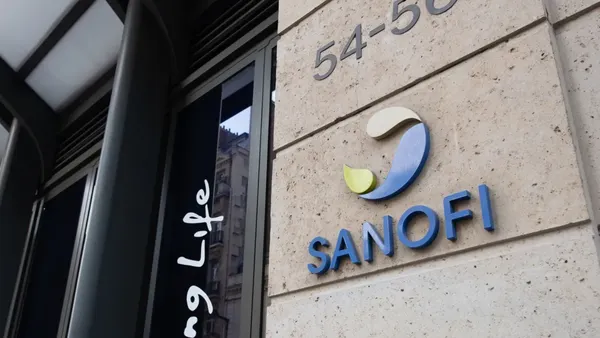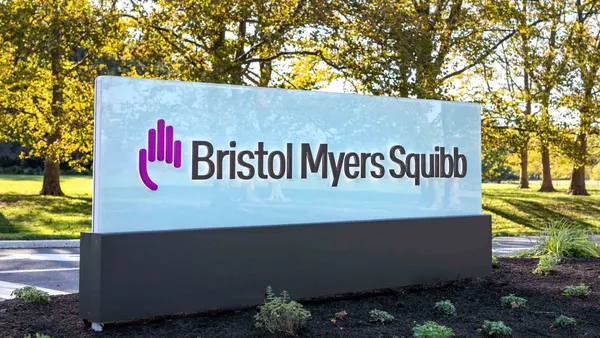French pharmaceutical company Sanofi said Wednesday an experimental drug it acquired in a buyout last year succeeded in a mid-stage trial against a rare liver and lung disease.
According to Sanofi, the drug, known efdoralprin alfa, met all of its main and “key” secondary goals in a Phase 2 study in people with alpha-1 antitrypsin deficiency, or AATD. Without disclosing details, Sanofi said after eight months, those treated with drug every three or four weeks had a greater increase, on average, in levels of a protective “AAT” protein than people who received weekly infusions of plasma-derived therapy.
Patients on Sanofi’s treatment also had higher concentration in the bloodstream of functional protein, as well as more days above the “lower limit” of normal levels, Sanofi said. The company didn’t disclose specific details, but added that efdoralprin alfa had a similar safety profile to plasma therapy. It plans to present the data at an upcoming medical meeting and speak with global regulatory authorities on the program’s next steps.
AATD is a rare genetic condition that harms the liver and lungs, leading to inflammation, cirrhosis and breathing conditions like emphysema and chronic obstructive pulmonary disease.
Though rare, AATD has been identified by drugmakers as a largely untapped market with limited treatment options. Several companies have experimental RNA editing drugs in development. Others are testing gene editing and RNA interference, among other approaches. And Vertex Pharmaceuticals has suffered multiple setbacks in trying at a potential therapy.
Efdoralprin alfa is different, however. A recombinant protein, the drug is designed to block an enzyme involved in inflammation and lung tissue damage. It’s being evaluated in people with AATD emphysema as an alternative to plasma-derived therapy. Sanofi paid $2.2 billion last year to acquire the drug’s developer, Inhibrx.
“Achieving and maintaining normal AAT levels with less frequent dosing and with complete independence from blood donation programs would be a welcome change to the current treatment experience for people living with AATD,” said Igor Barjaktarevic, a study investigator and associate professor at the David Geffen School of Medicine at UCLA, in a statement provided by Sanofi.
The data “validates” Sanofi’s acquisition of Inhibrx and could provide “significant upward pressure” on consensus estimates for the drug, Leerink Partners analyst David Risinger wrote in a Wednesday note to clients.
According to Sanofi, about 235,000 people globally, and 100,000 in the U.S., have AATD. Some 90% of them are undiagnosed, the company said. Those numbers represent “a sizable commercial opportunity,” Risinger wrote.














